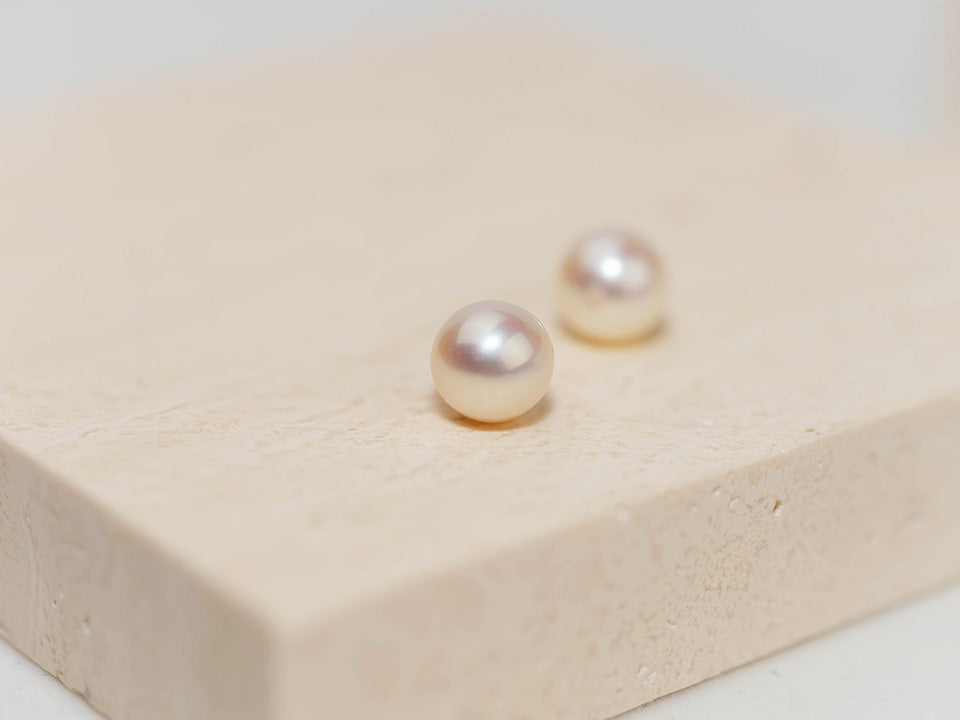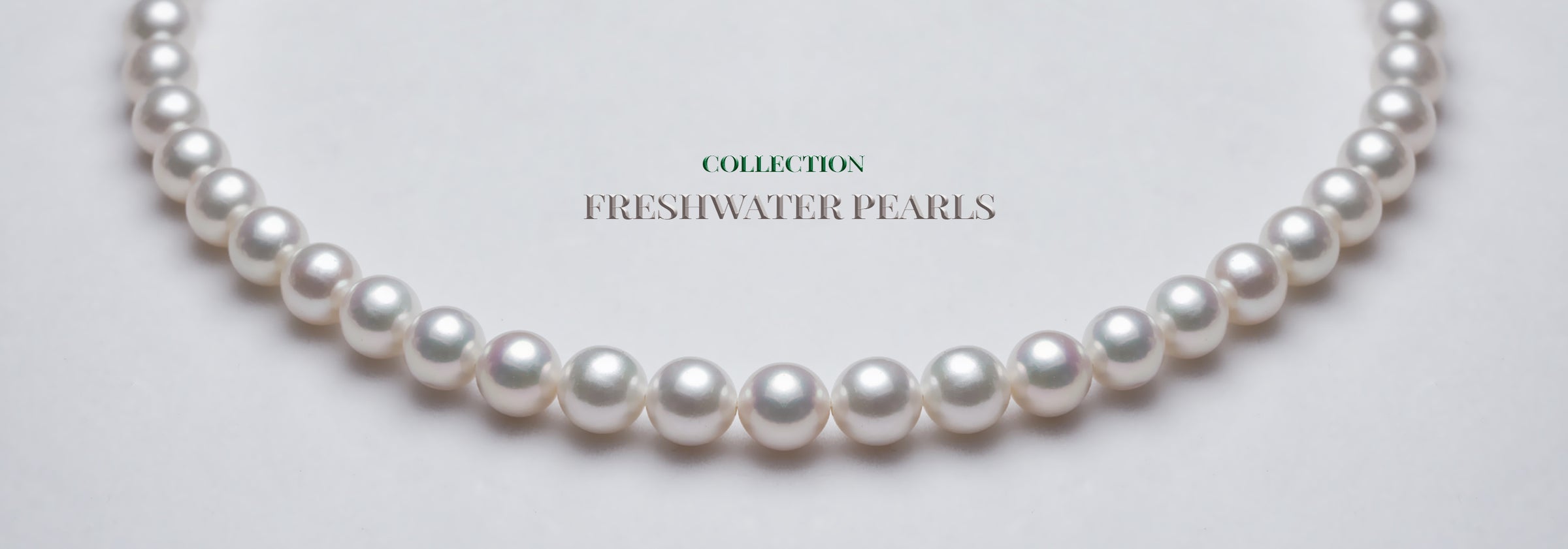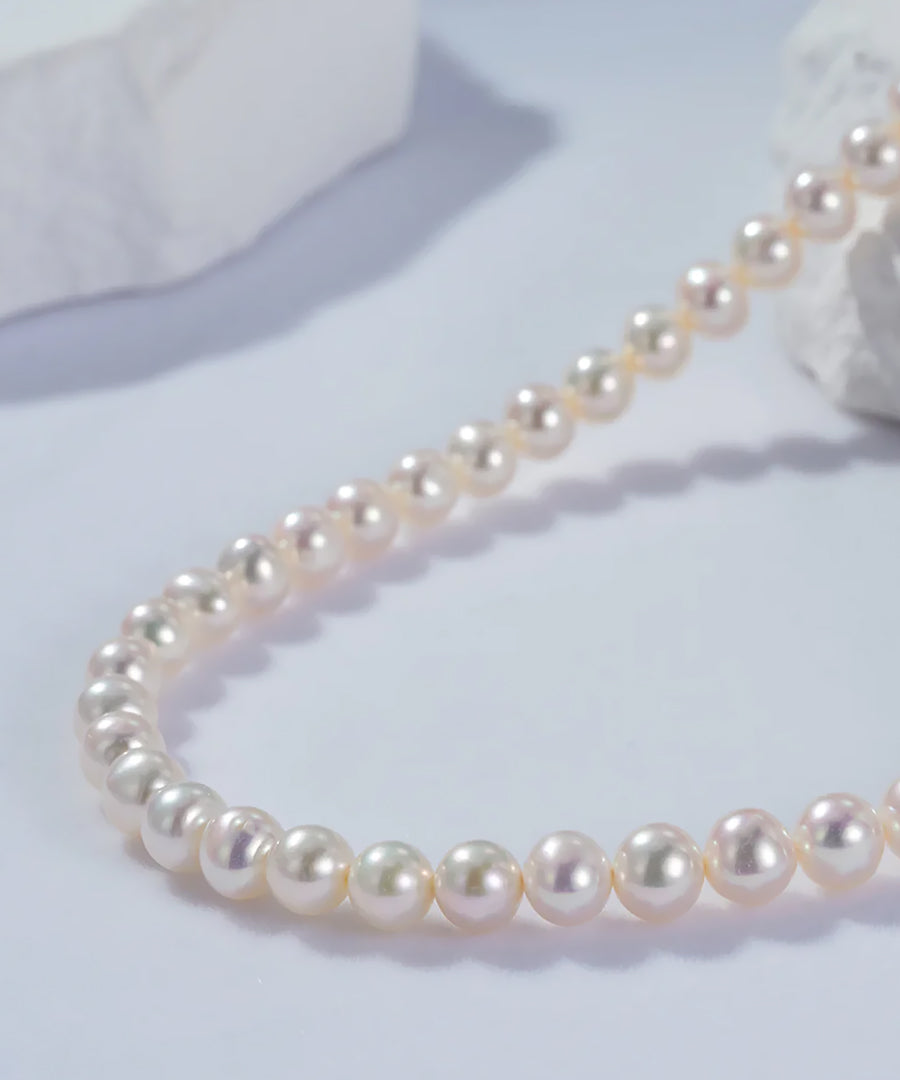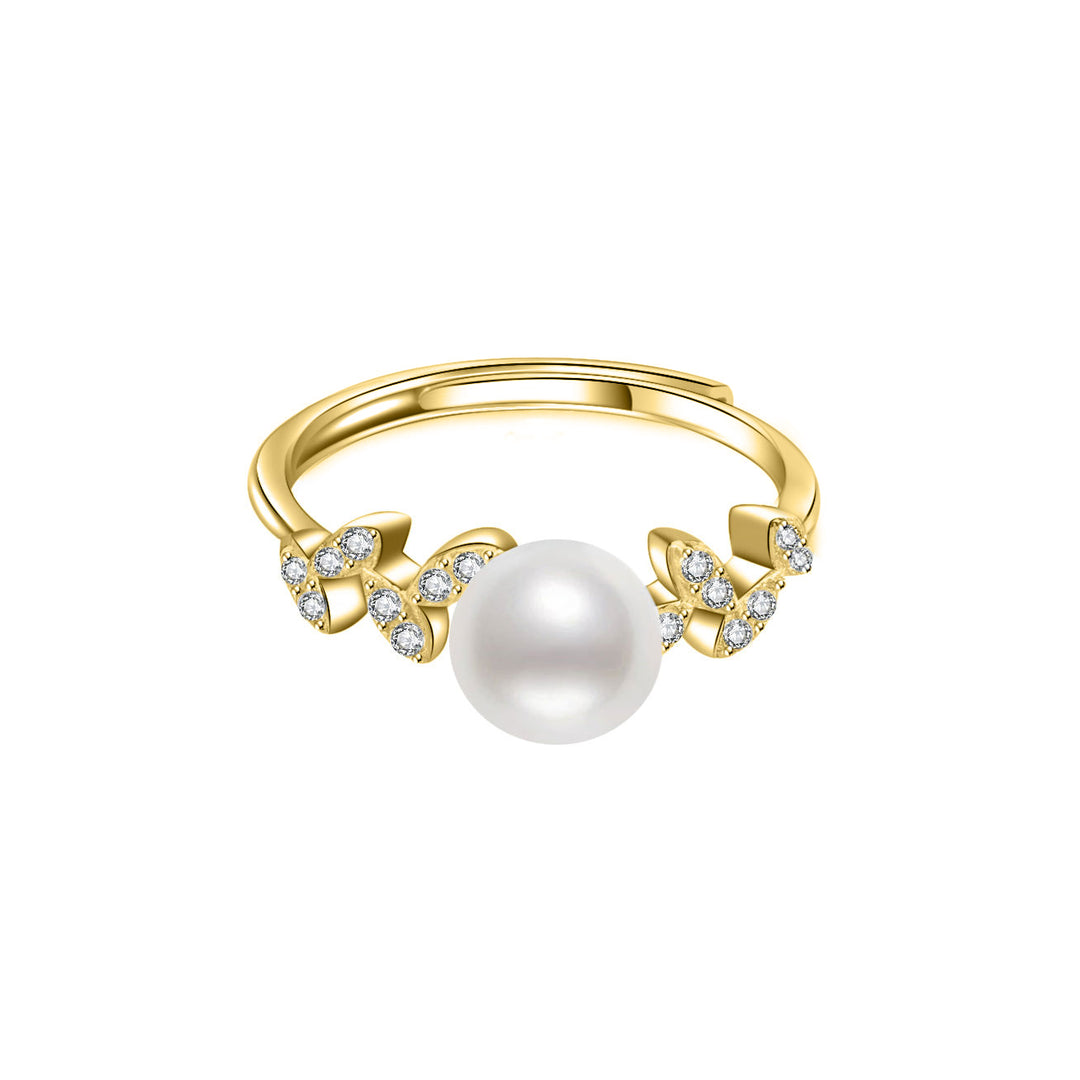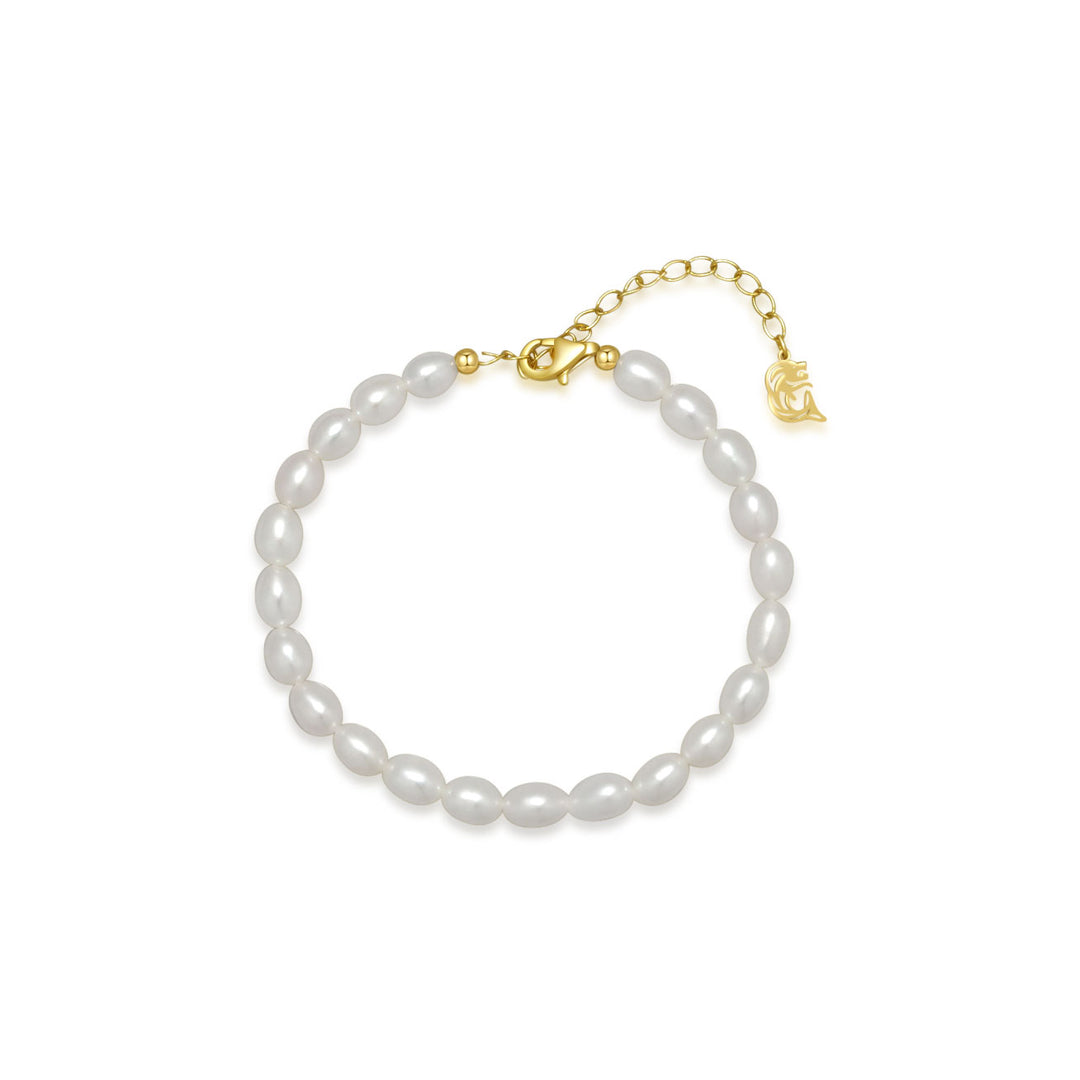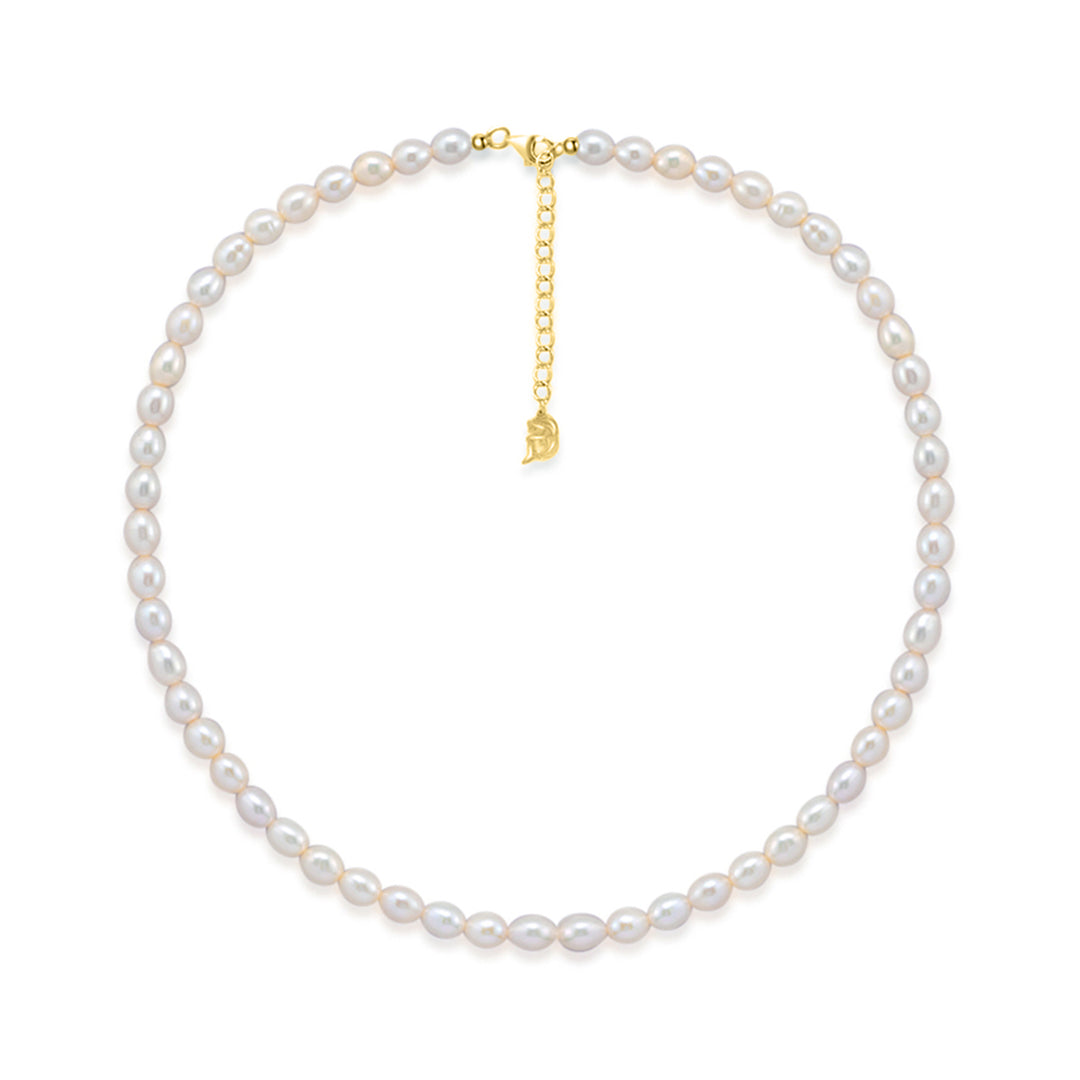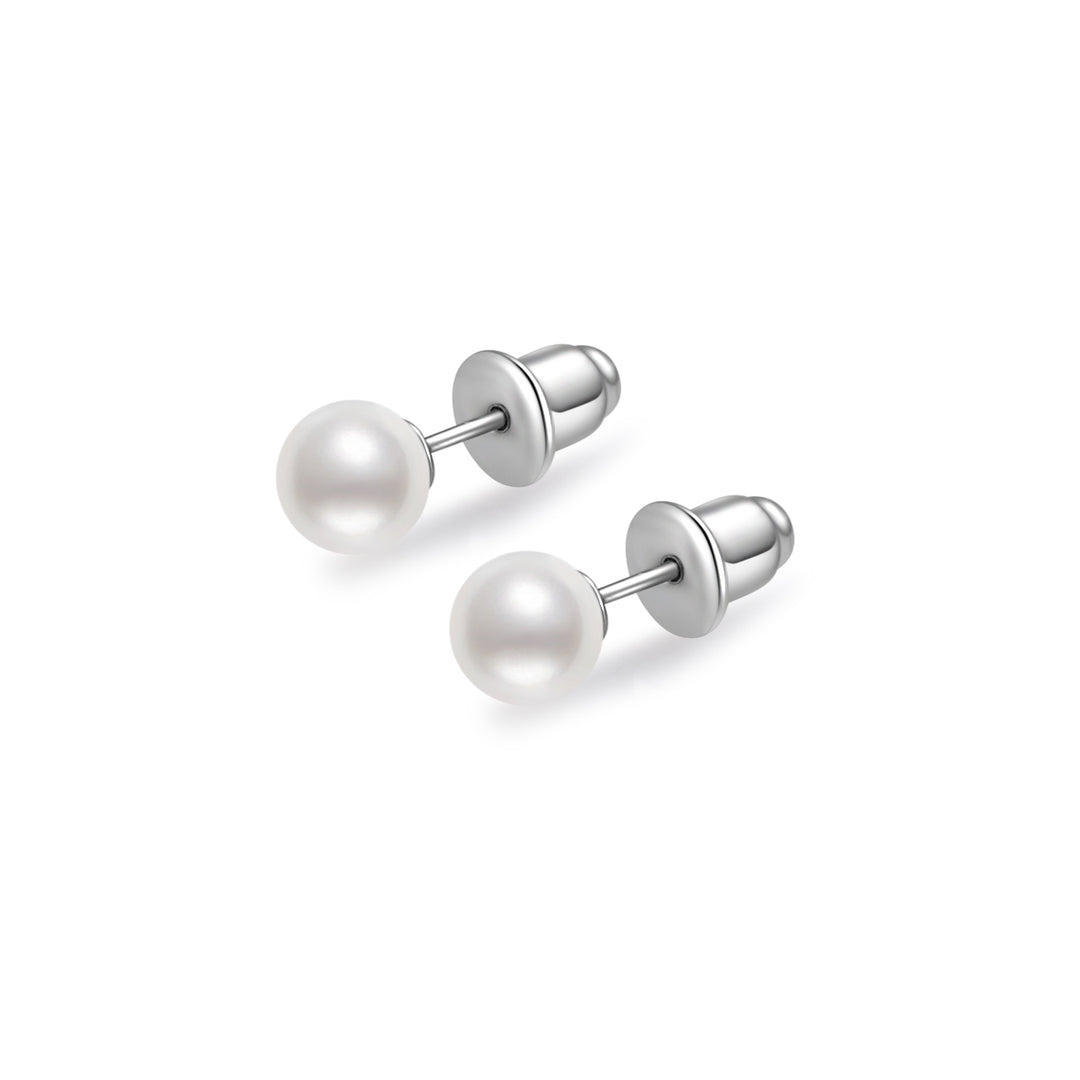FRESHWATER PEARLS
China is globally recognized as a top supplier of high-quality freshwater pearls, with a legacy dating back to 1968 when cultivation began, leveraging advanced techniques and technologies, the Chinese pearl industry has significantly boosted production, currently accounting for 95% of the world market share in freshwater pearls.
Cultured freshwater pearls are farmed in freshwater mussels Hyriopsis cumingi (characterized by their triangle shell) and Hyriopsis schlegeli (also known as the Biwa shell) that live in lakes and riverbeds.
Their unique shapes and wide range of colors, combined with their attractive prices and charming character, have made them a favorite among jewelry designers, shoppers and pearl connoisseurs alike.
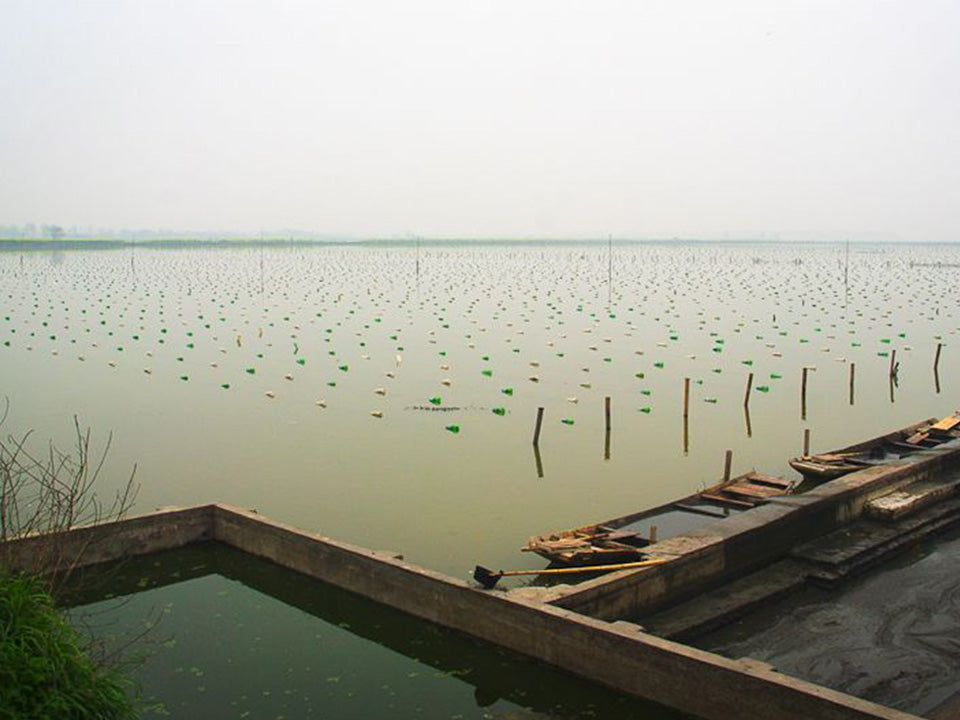
Origin
China boasts a rich heritage when it comes to freshwater pearls, with a legacy dating back to 1968, by harnessing advanced techniques and ideal environmental conditions, China has become renowned origin for exquisite freshwater pearls of exceptional beauty and quality.
Today, China accounts for 95% of the world market share in freshwater pearls.
Formation & Cultivation
Pearly Lustre's freshwater pearls are farmed for a minimum of 2-3 years. Freshwater pearls have a unique cultivation process sets them apart from saltwater pearls.
Because mussels contain no shell bead nucleus, small pieces of tissue from donor mollusk are inserted into the host mollusk, simulating the formation of pearls. Layers of nacre gradually build up around the pearls within freshwater mussels, creating clusters of over two dozen pearls inside each shell.
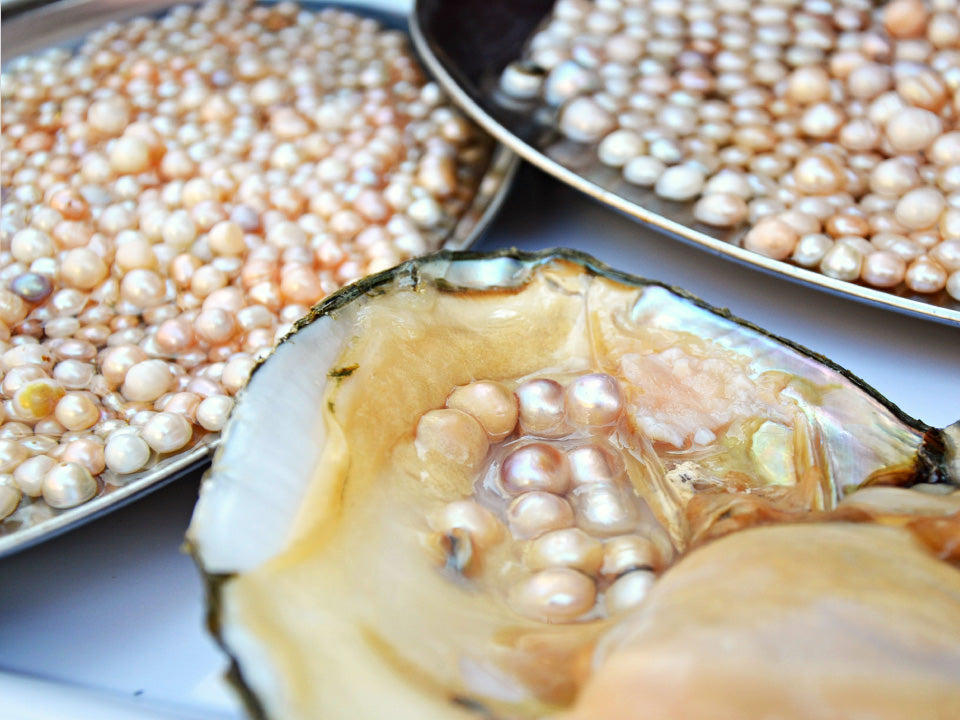
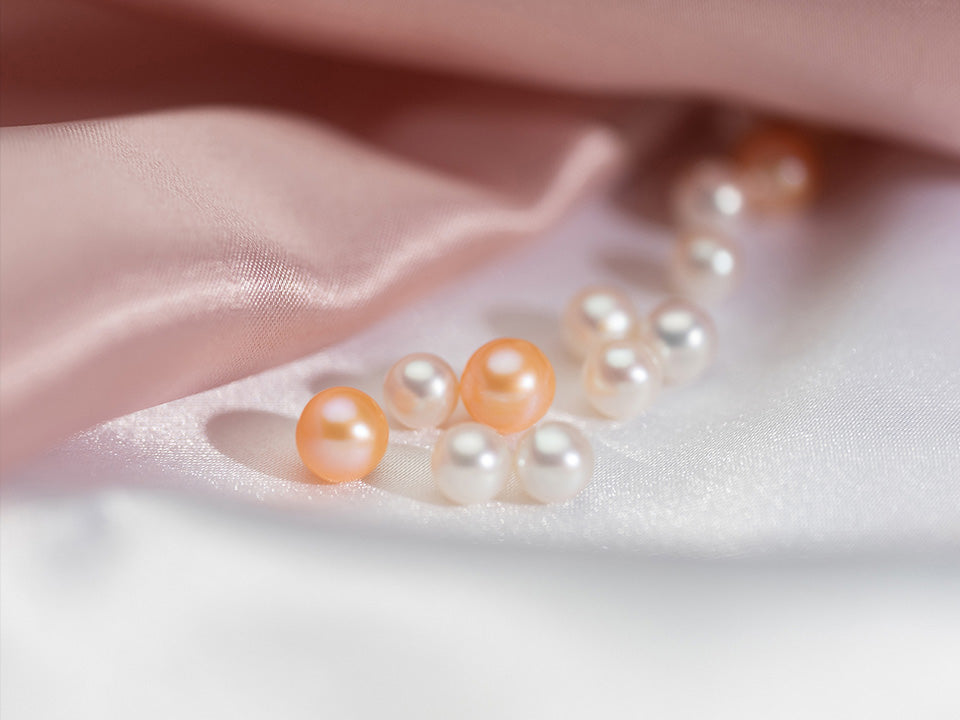
Qualities
Color: White / Pink / Purple
Size: Smaller in size, ranges from 2mm as they are cultivated over a short period of time. But in recent years, many farmers start to grow them for a longer time (three to six years) resulting to larger pearls from 8-15mm.
Shape: Come in greater variety of shapes (round, baroque, rice, button, drop, oval, etc)
Lustre: Less lustrous & glossy. However, in recent years, advanced farming techniques have made Pearly Lustre's freshwater pearls as lustrous as saltwater pearls.
Value
As freshwater mussels are larger, they produce more pearls at once, thus command a lower price.
While freshwater pearls are not as rare as some saltwater pearls, they can still hold significant value and appeal. The availability of freshwater pearls has increased over time due to advancements in pearl farming techniques.
